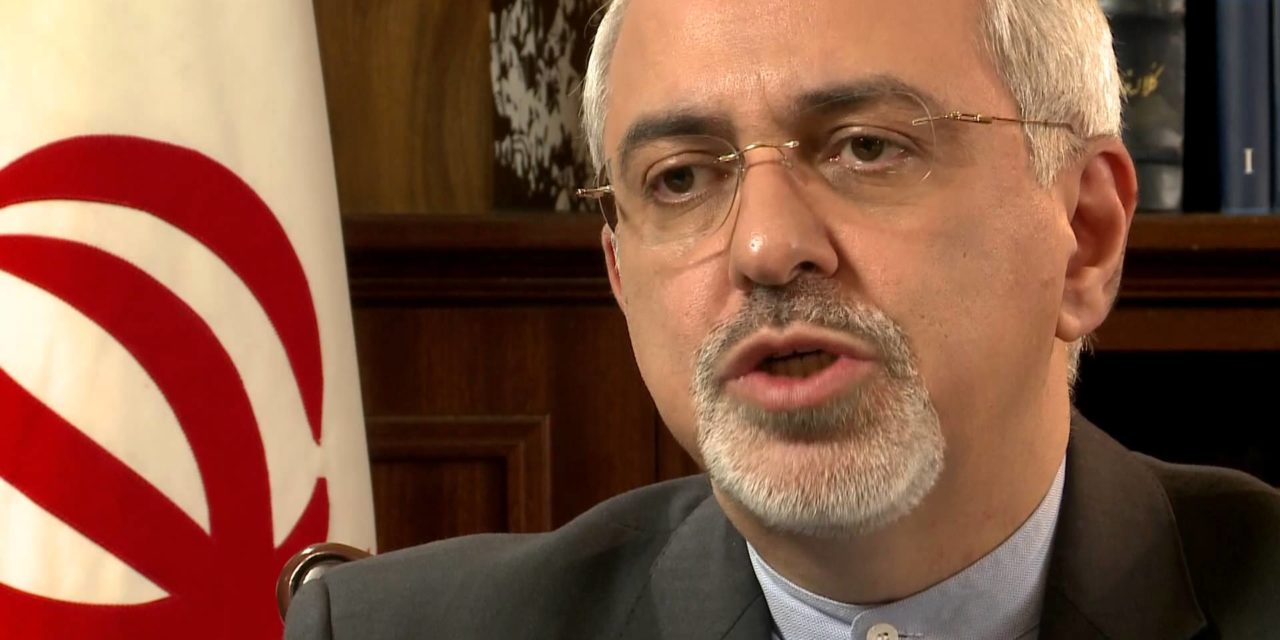ALSO IN MONDAY FORECAST
Iran Police Chief Criticizes Use of Twitter By Officials
In the latest sign of Iran’s pursuit of “engagement” with Gulf States, Foreign Minister Mohammad Javad Zarif is on a trip to Kuwait and Oman to discuss regional and international issue, including the Syrian conflict and last month’s interim deal over Tehran’s nuclear program.
My meetings with leaders of Kuwait, Oman and Qatar demonstrated that what unites us is far greater than our minor differences
— Javad Zarif (@JZarif) December 2, 2013
On Sunday, Zarif met Oman’s ruler Sultan Qaboos, saying that the Islamic Republic “accords special respect to Oman as a good neighbor.” State media say Zarif and Omani counterpart Youssef bin Alawi bin Abdullah “pledged to tackle extremism through closer cooperation”.
The two sides also discuss a pipeline project to carry Iran’s natural gas to Oman, following an agreement signed in Tehran on August 26.
US media have declared Saudi hostility to Iran’s engagement of the West, including the interim nuclear deal in Geneva on November 24, but Tehran’s officials have emphasized the possibilities of rapprochement on political and economic fronts.
The “Gulf diplomacy” was foreshadowed this autumn by former President Hashemi Rafsanajni, who sought closer ties with Saudi Arabia in the 1990s, and set up by welcoming statements from President Rouhani and Zarif.
Last week, the UAE’s Foreign Minister Sheikh Abdullah bin Zayed Al Nahyan visited Tehran, a mission hailed as a success by Iranian media. Today Rouhani has followed up on Twitter:
Sincerely congratulate Sheikh Khalifa bin Zayed Al Nahyan, government and people of the #UAE on the occasion of your National Day.
— Hassan Rouhani (@HassanRouhani) December 2, 2013
Speaking after his meetings with Kuwaiti officials, Zarif pointed to engagement with the Gulf’s largest state, “We look at Saudi Arabia as a very important and influential country in the region.”
The Foreign Minister offered reassurance over the nuclear developments, “The solution to this issue serves the interests of all countries in the region. It is not at the expense of any state in the region.”
Iran Police Chief Criticizes Use of Twitter By Officials
Iran’s Chief of Police, Esmail Ahmadi Moghaddam has complained about officials who are active on Twitter:
The fact that some officials have started to cross red lines gradually and enter spaces prohibited for citizens is not a good thing, and everyone should observe the rules.
By violating the law (themselves), the officials should bear in mind that their actions should not pave the way for others to violate the law.
Facebook and Twitter are blocked inside Iran; however, Foreign Minister Mohammad Javad Zarif is active on both platforms — telling media how much he enjoys involvement in social media — and President Hassan Rouhani’s office has a high-profile presence on Twitter.
Both men have used the outlets for Iranian diplomacy. This autumn Zarif made headlines by offering best wishes to Jewish people for Rosh Hashanah, and the Foreign Minister and Rouhani have promoted and extolled the interim nuclear agreement.
Last month, as part of the diplomacy before the meeting with the 5+1 Powers, Zarif launched a YouTube channel for a message setting out the benefits of a deal.

